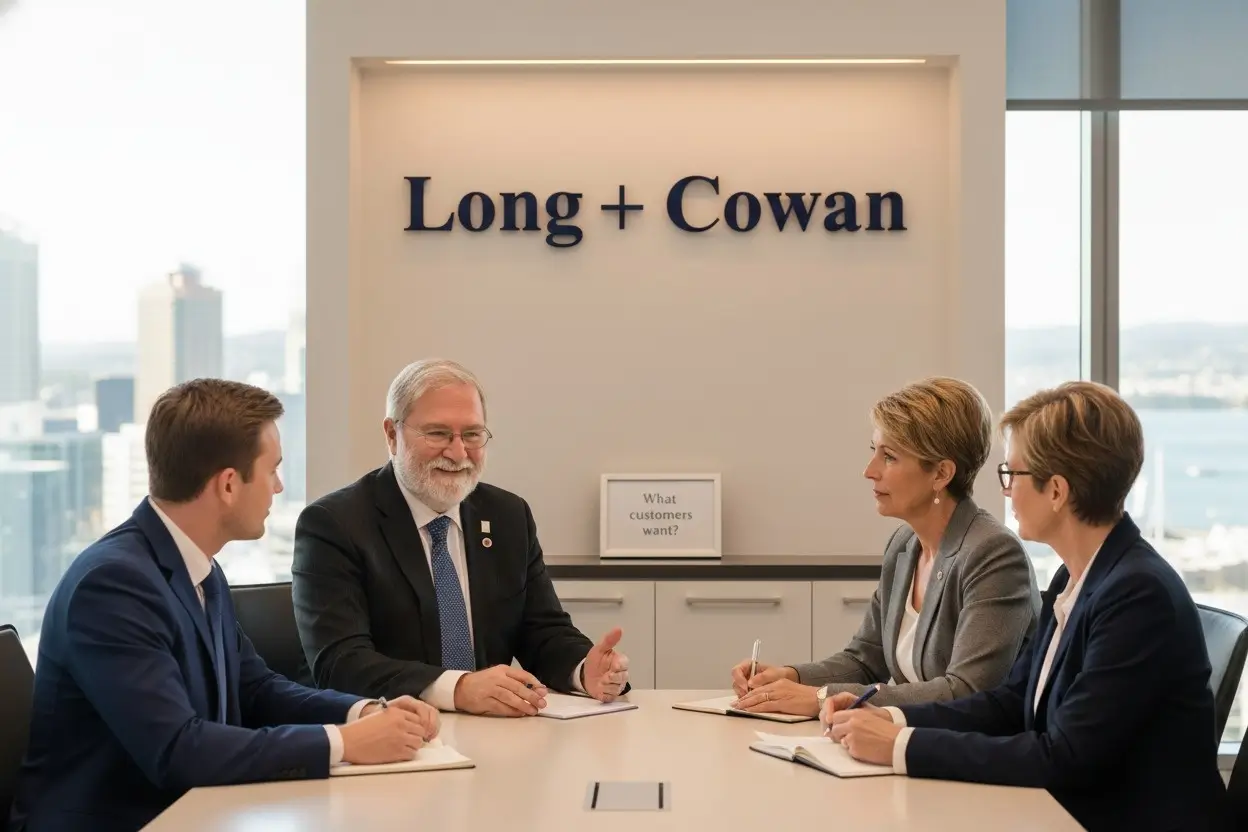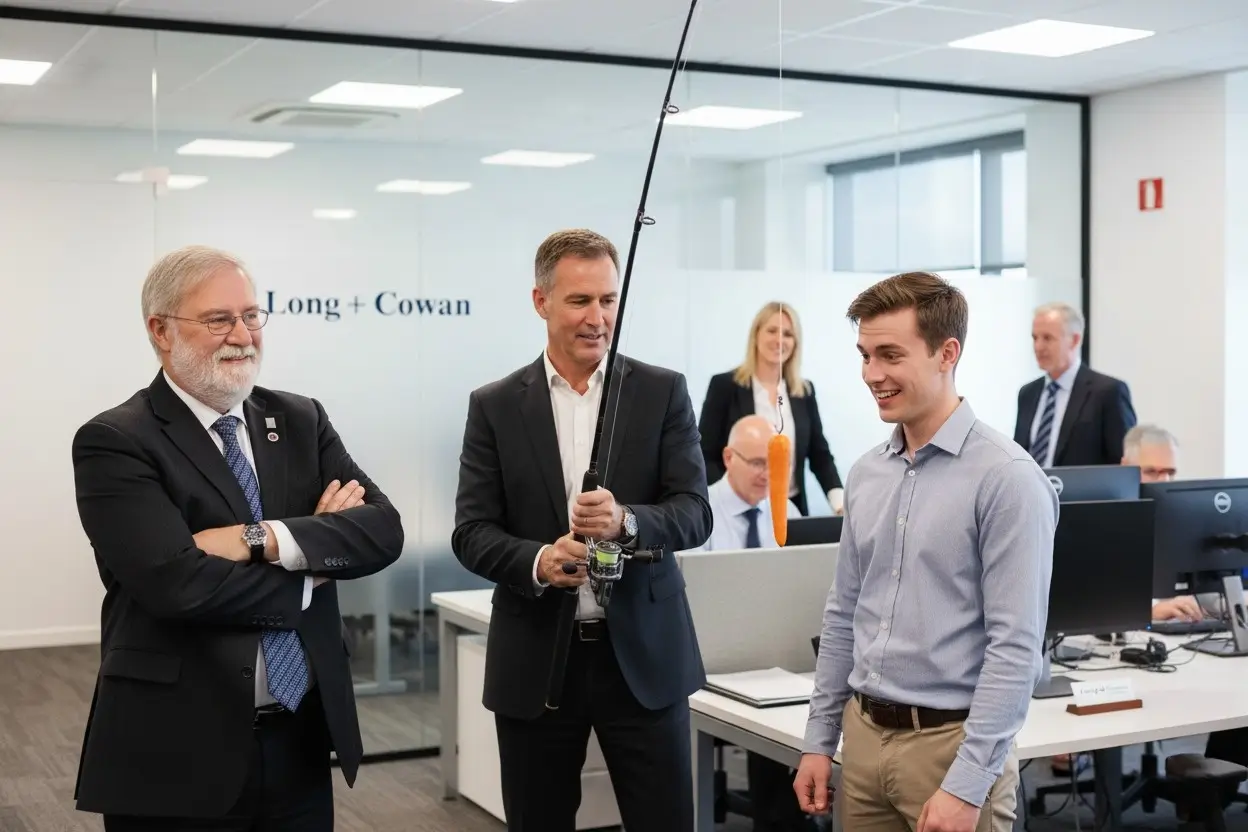The end of the year brings parties, client gifts, and staff events. While these create goodwill and reward hard work, they can also create confusion about what can be claimed as a tax deduction. At Long + Cowan, we help Wellington business owners enjoy the festive season without facing an unexpected tax bill later.
Knowing what is deductible and what is not helps you celebrate with confidence while keeping your financial records in order. Here’s what every business owner should know about entertainment expenses.
Understanding Deductible and Non-Deductible Expenses
Entertainment costs often fall into two categories: fully deductible or 50 percent deductible. The difference depends on who benefits from the expense and how it relates to business activity.
1. Customer Gifts
If you are giving gifts to customers, avoid food or drink. Non-consumable items such as book vouchers, sports tickets, or branded calendars can be claimed in full. These items promote your business and are fully deductible.
2. Staff Parties and Events
Planning a staff Christmas party? Half of your costs for food, drinks, venue hire, and entertainment can be claimed in your GST and income tax returns. These expenses are classed as 50 percent deductible because they involve both personal and business enjoyment.
3. Fringe Benefit Tax (FBT)
You do not need to pay Fringe Benefit Tax on entertainment expenses that fall under the 50 percent deductibility rule, unless staff are enjoying the benefit outside their work duties, such as personal travel or non-business activities.
4. Staff Trips and Incentives
A trip to Australia for staff bonding or reward is considered 100 percent deductible if it serves a business purpose. These experiences often have greater motivational impact than cash bonuses or reward programmes.
5. Food and Drink for Clients or Staff
When you provide food or alcohol to staff or customers as part of your business relationship, you can claim 50 percent of the cost as a business expense. This rule applies to both on-site and off-site meals.
6. Charitable Events
If your business donates to charity or provides entertainment for the public as part of a charitable activity, you can deduct 100 percent of the cost. Supporting community causes can be rewarding personally and financially.
7. Family Gatherings
Taking family members who are not employees out for a thank-you brunch may feel generous, but it is not deductible. To claim an expense, it must directly relate to generating income or business promotion.
8. Team Lunches and Office Feasts
Whether you cater a Christmas lunch in the office or dine out with the team, 50 percent of the cost is deductible. These gatherings help maintain morale and show appreciation for staff contributions.
9. Post-Holiday Gifts
If the festive rush leaves you short on time, consider a “welcome back” gift in the New Year. These gestures build goodwill and can be fully deductible if they meet the usual business expense criteria.
Record Keeping for Entertainment Expenses
The key to stress-free compliance is accurate record keeping. Always keep invoices and receipts for entertainment expenses. Clearly note who attended the event and the purpose, especially if both clients and staff were involved.
Organising receipts digitally helps streamline end-of-year reporting. At Long + Cowan, we recommend using cloud accounting software to store and categorise expenses efficiently.
Common Mistakes to Avoid
Many businesses miss out on legitimate deductions or overclaim by mistake. Avoid these common errors:
• Claiming 100 percent for food and drink that is only partly deductible.
• Forgetting to separate business-related and personal entertainment costs.
• Losing receipts, which invalidates claims.
• Assuming all charitable donations are deductible when some may not meet IRD criteria.
By understanding the rules and keeping accurate records, you can avoid unnecessary tax issues and make the most of your festive spending.
Getting Professional Guidance
Tax rules around entertainment expenses can be complex, and the consequences of getting them wrong can be costly. Our chartered accountants are here to help Wellington businesses navigate these deductions confidently.
If you want expert advice on managing entertainment costs, maximising deductions, or improving overall tax efficiency, contact us for more info by filling in an enquiry form or e-mailing or calling us during office hours.
















































